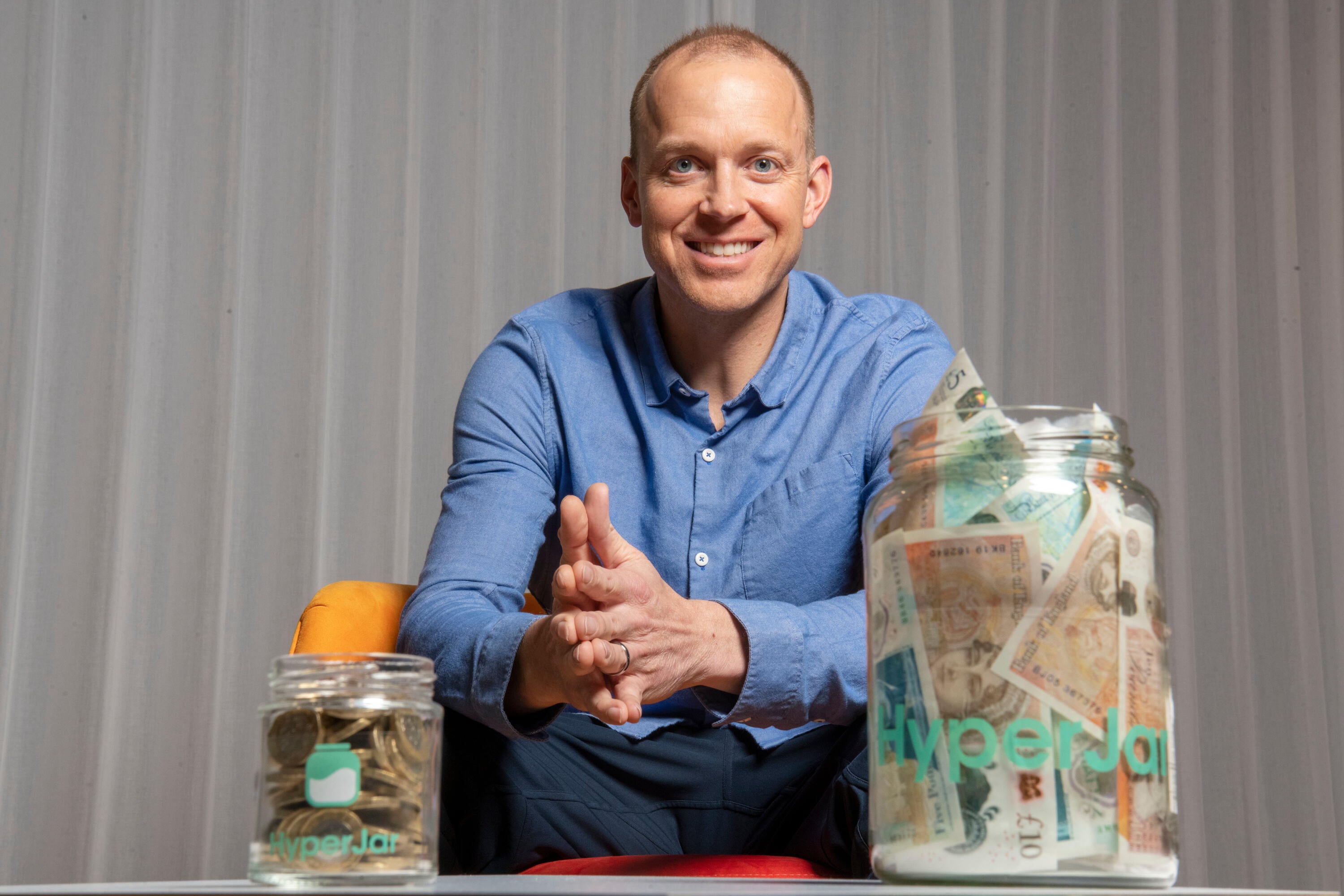
It was an easy and free way to see funds go in — and out — of the jars and to make sure there was enough for all the different expenses and, crucially, that you didn’t inadvertently overspend.
Yes, life was like this before direct deposits, automatic payments and e-transfers. What you lacked in convenience, you made up for with the visceral, intentional act of budgeting and saving. “Jam jar” budgeting was simply part of financial responsibility and controlled consumption.
Fast forward a couple of generations and now most people may never see more than a few real dollars lurking in the recesses of their wallet. Paycheques are direct deposits, payments are automatically withdrawn, debit cards are replacements for cash and credit cards are used liberally.
For many, the visual connection with their hard-earned money has been lost. This disconnect is contributing to the spiralling consumer debt — in Canada, the average is $23,496 per person — that is ringing alarm bells for global economies.
Fintech entrepreneur Mathew Megens (BASc ‘98, electrical engineering) wants to reverse this worrisome trend.
Late last year, he and his 30-person team launched HyperJar, a digital version of jam jar budgeting designed to help people save, budget and spend more wisely.
Read the full article.